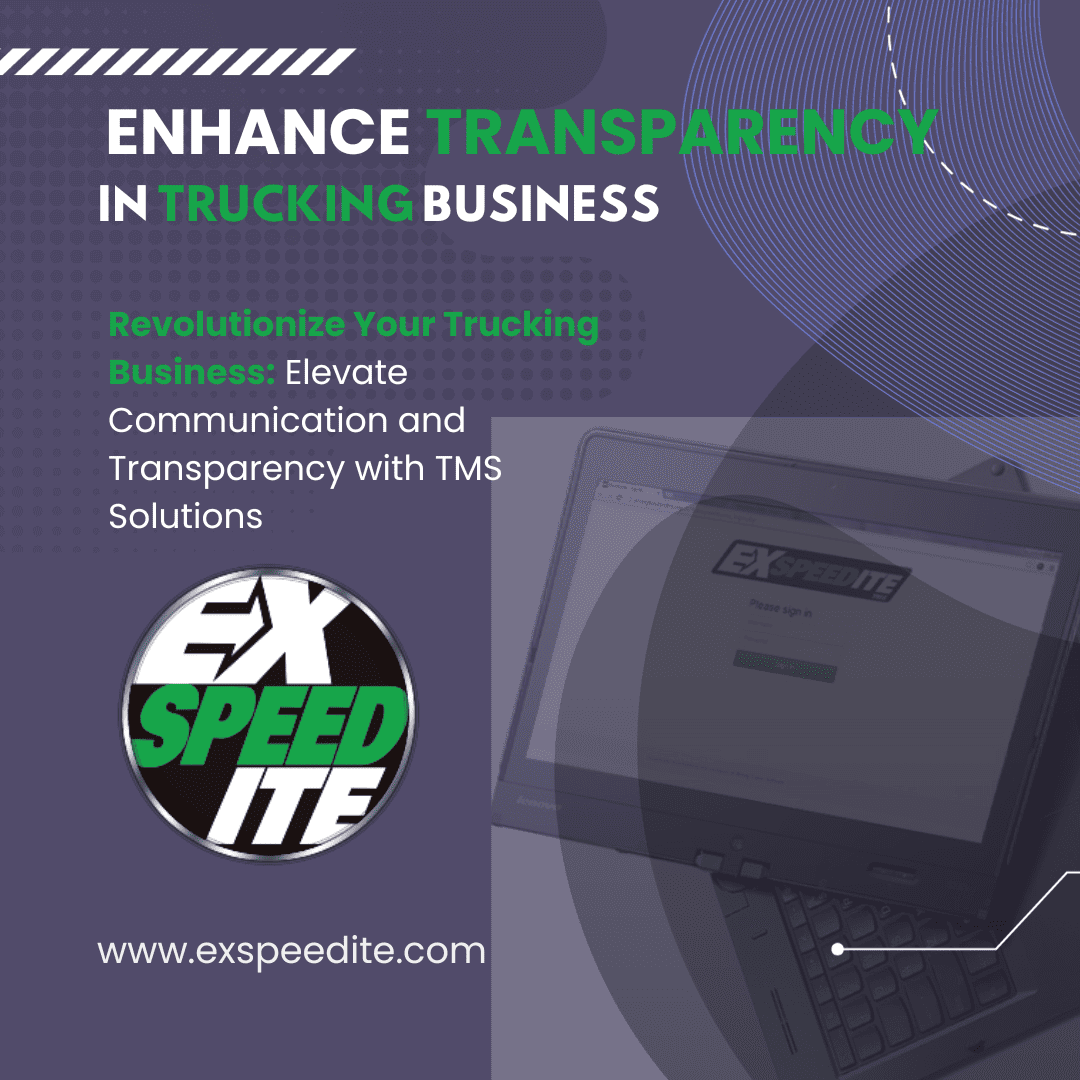A Beginner’s Guide to Transportation Management Systems
A Revenue Management System (RMS) is crucial for businesses across various industries as it optimizes pricing strategies, maximizes revenue, and enhances overall financial performance. By analyzing market demand, customer behavior, and competitive pricing, an RMS enables dynamic pricing adjustments, ensuring that products or services are priced optimally at any given time. This adaptability is especially vital in industries with fluctuating demand, allowing businesses to capitalize on peak periods and implement strategic discounts during slower times.
Moreover, an RMS facilitates data-driven decision-making, providing insights into customer preferences and market trends. This empowers businesses to align their pricing strategies with market dynamics, improve customer satisfaction, and stay ahead of competitors. In essence, an RMS acts as a strategic tool, helping businesses navigate complex market conditions, achieve revenue targets, and maintain a competitive edge in today’s dynamic and fast-paced business environment.
Indeed, Transportation Management Systems (TMS) are utilized by a wide range of industries, including:
- E-commerce: TMS helps manage the transportation of goods efficiently, ensuring timely deliveries to customers while optimizing shipping costs.
- Retail Businesses: Retailers use TMS to streamline the movement of products from suppliers to distribution centers and stores, enhancing supply chain visibility and efficiency.
- Manufacturers: TMS assists manufacturers in coordinating the transportation of raw materials and finished goods, optimizing routes, and minimizing costs.
- Distributors: Distributors benefit from TMS by improving inventory management, optimizing delivery routes, and enhancing overall logistics efficiency to meet customer demand effectively.
AI-Powered Payroll Management Software
AI-powered Payroll Management Software revolutionizes traditional payroll processes, bringing efficiency and accuracy to workforce management. By leveraging artificial intelligence, this advanced software automates payroll calculations, tax compliance, and wage distribution, minimizing errors and ensuring regulatory compliance. It optimizes time tracking, seamlessly integrates with HR systems, and adapts to changing regulations, reducing the administrative burden on businesses. With predictive analytics, it forecasts labor costs, aiding in budget planning. The intuitive interface enhances user experience, making payroll processing swift and error-free. Overall, AI-powered Payroll Management Software enhances precision, compliance, and efficiency, providing businesses with a streamlined and intelligent solution for managing payroll complexities.
